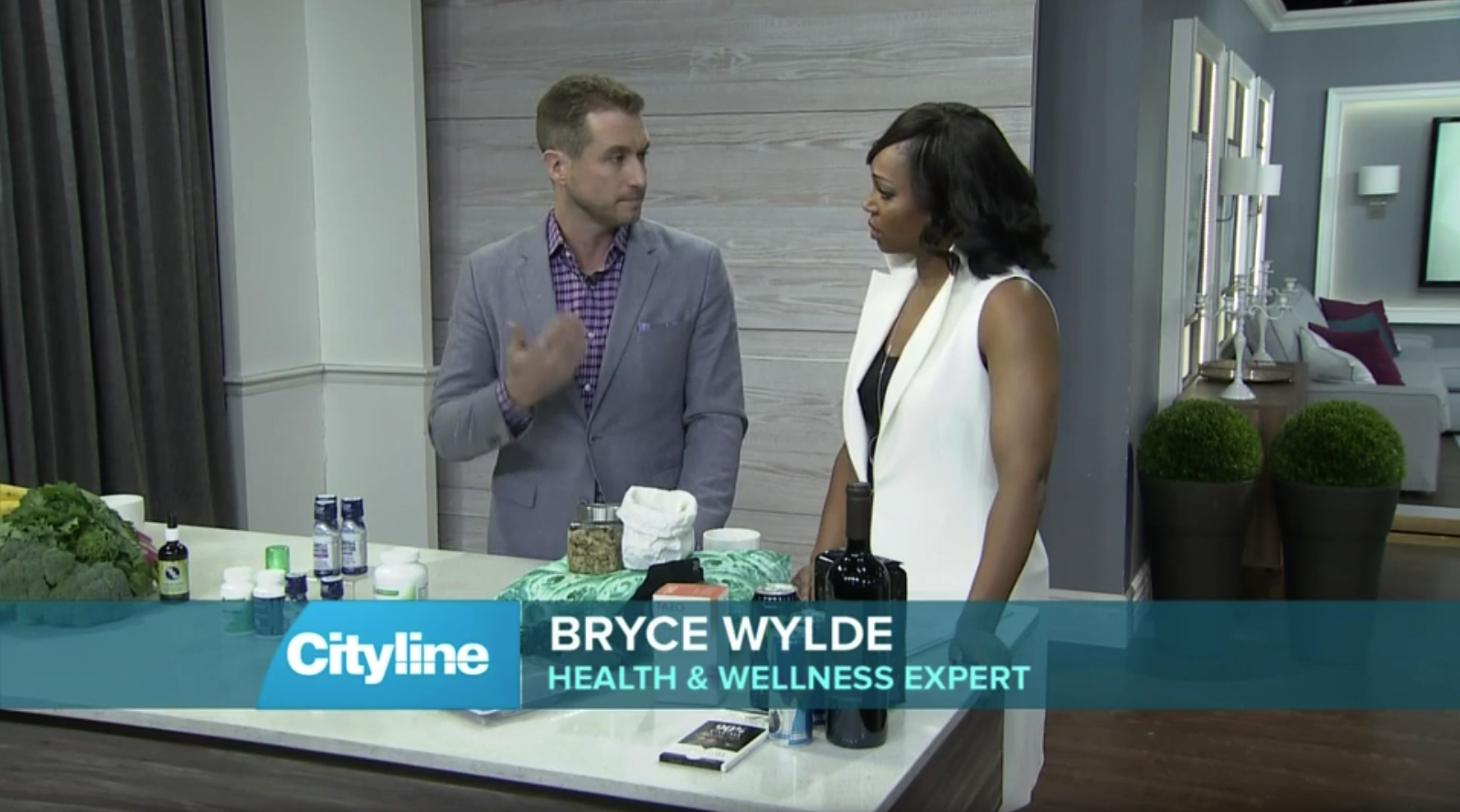On this episode, I share tips for getting a good night’s sleep from voiding energy drinks, to using natural medicine.
General Sleep Information
Characterized by difficulty falling asleep, waking up often, and poor-quality sleep, insomnia can take a toll on health and leave a person exhausted and cranky. If you have trouble sleeping, an occasional over-the-counter sleep aid may help you get the sleep you need. This buying guide will help you find a sleep aid to fit your health goals, lifestyle, and budget. Keep the following additional points in mind as you choose a product:
Everyone has a sleepless night here or there, but if persistent insomnia is new for you, talk to your doctor. It may signal a more serious health problem.
When selecting a product, consider medications you use and health conditions you have. Consult your doctor or pharmacist if unsure about whether any particular sleep aid is safe for you.
If you have a history of mental health conditions, such as anxiety or depression, do not use sleep aids without first discussing it with your doctor. Some of these products may intensify mental health issues and many can interfere with medications used to manage mental health issues.
Use sleep aids carefully, follow all package directions, and always compare ingredients to avoid accidentally taking two medications together that contain the same active ingredients.
Do not use sleep aids and alcohol together. Alcohol increases the sedative effects of over-the-counter sleep medications; combining the two can lead to dizziness or fainting.
Why to buy: Some of these herbs and dietary supplements have research to support that they may be helpful for managing insomnia, including melatonin, valerian, chamomile, passionflower, theanine, magnesium, hops, and L-tryptophan. They may be less likely to cause next-day grogginess than over-the-counter sleep medications.
Things to consider: Natural does not always mean safe. All dietary supplements and herbs should be carefully reviewed with your healthcare provider or pharmacist. If you are managing a health condition, this will help to ensure a supplement is safe to combine with medications you are using. Use plant- and herb-based natural sleep aids with caution if you have hay fever or seasonal allergies; some of these products may cause allergic reactions in susceptible individuals. Natural sleep aids may not be safe for people with a history of mental health conditions, such as anxiety or depression. If in doubt, talk to your doctor first. Magnesium can have laxative effects, so start with a low dose to assess your tolerance to this mineral.
Stop-Snoring Products
What they are: Stop-snoring products are designed to decrease bothersome snoring, either through physically opening breathing passageways, or by changing how the muscles in the mouth and throat are contracting or relaxing. Mouthpieces and nasal clips and strips are used to open breathing passages. Homeopathic, herbal, and other natural substances are taken orally or sprayed into the throat to ease snoring.
Why to buy: Some people find stop-snoring products to be helpful. They are relatively inexpensive and the products designed to physically open breathing passages are safe for nearly everyone.
Things to consider: Snoring can signal a serious health condition, such as sleep apnea. If you’ve developed snoring recently, if your snoring is severe, or if you are groggy most of the time during the day, talk to your doctor before you try to self-treat snoring.
